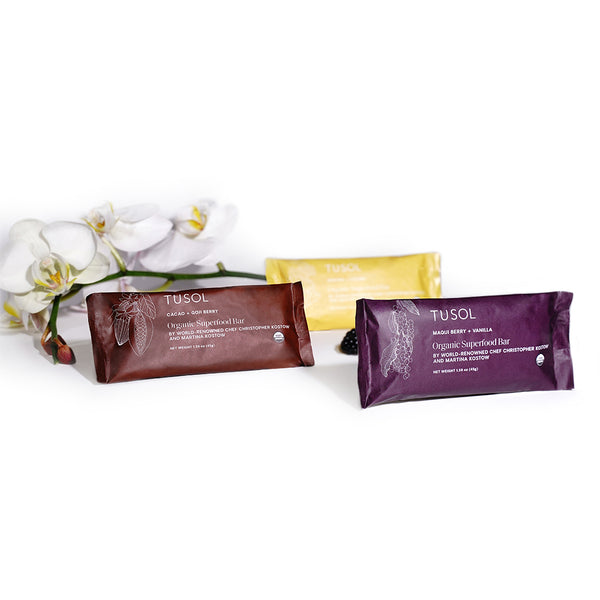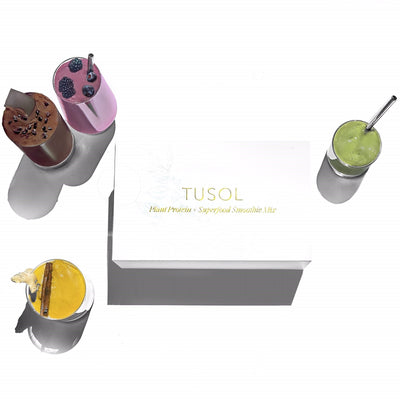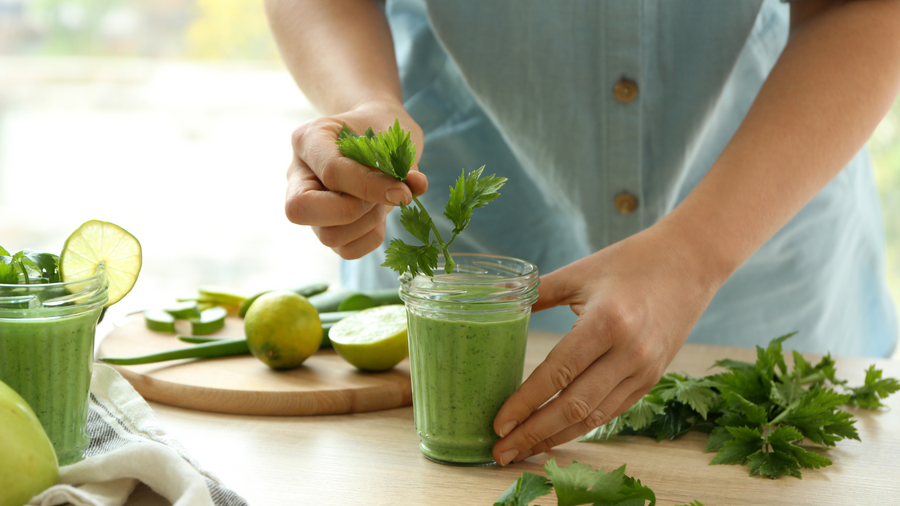Making small changes rather than big ones.
Most people set out to make huge changes that require an entire lifestyle shift. And this can undoubtedly become stressful. Losing weight is one of them. It requires carving out time to exercise, changing eating habits, changing what’s in the fridge and what’s in the kitchen – a lot of changes are necessary within the first month to succeed. Naturally, this is the one is one of the most popular New Year’s resolutions that ends up in the failed statistics. But instead of shooting for big drastic changes, it’s easier too start with a smaller, easier habits that will eventually lead you to your goal. Like puzzle pieces. Start with the easiest pieces that are so simple you can add them to your daily routine without thinking much about it. -Want to exercise everyday? Start with 10 sit-ups every time you get out of bed; stack this habit with other habits. Maybe do 10 sit-ups while you are brushing your teeth. -Want to start meditating? Start with 30 seconds each day. In the second week, work your way up to 1 minute each day. -Want to stop smoking? Smoke half a cigarette (I would throw them all away, but that’s a drastic change that might only make you crave them more.)Rituals are what turn behaviors into habits
Humans love metrics. We love to measure and see results. We want our behaviors to deliver new results. When trying to develop a healthy habit, it helps to focus on the behavior itself rather than outcome. Here’s the problem. As Clear says, “New goals don’t deliver new results. New lifestyles do. And a lifestyle is not an outcome, it is a process. For this reason, all of your energy should go into building better rituals, not chasing better results.” [bctt tweet="“Rituals are what turn behaviors into habits.”" username="tusolwellness"] By making something into a ritual we give it focus. When we choose our rituals and repeat them, they become habits. Rituals are the foundation of our greatest achievements. Think clearly what you want to incorporate into your life. You need to enjoy it for it to stick. Make the rituals that you want to become habits into something enjoyable. Want to floss everyday? Make a ritual out of it, floss to the tune of your favorite song.If you want to make changes, your environment needs to change too
If you want to start eating healthy you need to be surrounded by healthier food choices. You can’t have a pantry or a refrigerator full of junk food and expect to start eating healthier. Your environment needs to change. That means, getting rid of, donating, or just hiding out of sight the unhealthy food and putting healthy food into eye level. Want to lose weight, become more positive, and exercise more? Surround yourself with like-minded people. Countless times I’ve watched the show “My 600 Lb. Life,” which highlights people who need to make healthier eating habits to save their lives. Unfortunately, most of the time they end up failing because the rest of the family members are eating junk food at the dinner table while the person trying to lose weight is eating a salad. It’s hard to make changes when everyone around is enabling bad eating habits. Want to spend more time out of the office and with your family? Restrict emails, text messages, and anything that connects you from work around family time. That means leaving documents and work-related stuff in your office, and putting the laptop away in another room.Micro-decisions create all outcomes of your life
It’s so easy to overestimate the importance of one defining moment and underestimate the value of making better decisions on a daily basis. Almost every habit that you have — good or bad — is the result of many small decisions over time. And yet, how easily we forget this when we want to make a change. Every day we are faced with a decision, every minute, every second… So often we convince ourselves that change is only meaningful if there is some large, visible outcome associated with it. Whether it is losing weight, getting married, traveling the world or any other goal, we often put pressure on ourselves to make some newsworthy improvements that everyone will talk about. But in reality, it’s an accumulation of the micro-decisions we make every second of our lives. Decisions, and choices, all adding up in the bag we call life. And what happens at the end, when you are ready to see what’s in the bag, and see what you have accumulated over the years? So today, think about the person you want to become. Do you want to become healthier? Do you want to become a writer? The decisions you make today will shape you into that person tomorrow. Michaelangelo’s “David” wasn’t sculpted overnight. It took years of chiseling the marble to make the beautiful shape of a human. So start chiseling yourself today. Every chisel counts.
Further Reading: What Do You Want to Create and Why Haven’t You Done It?














